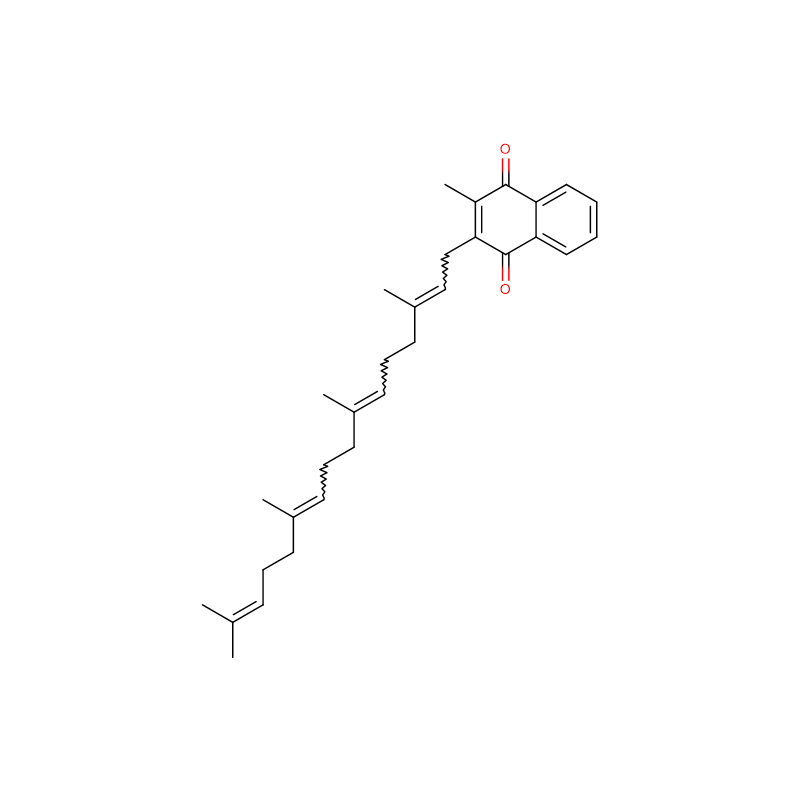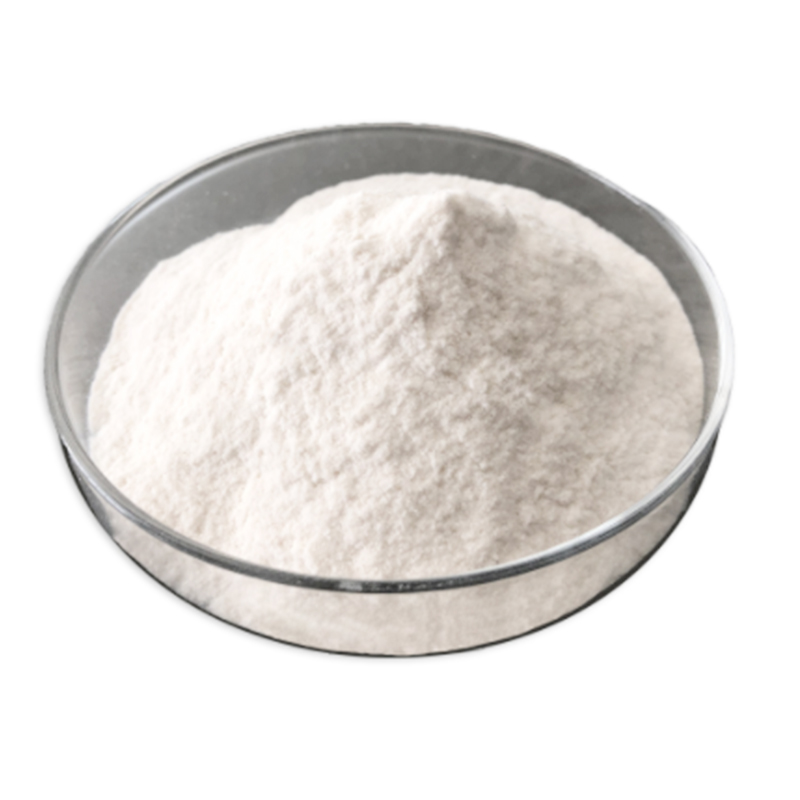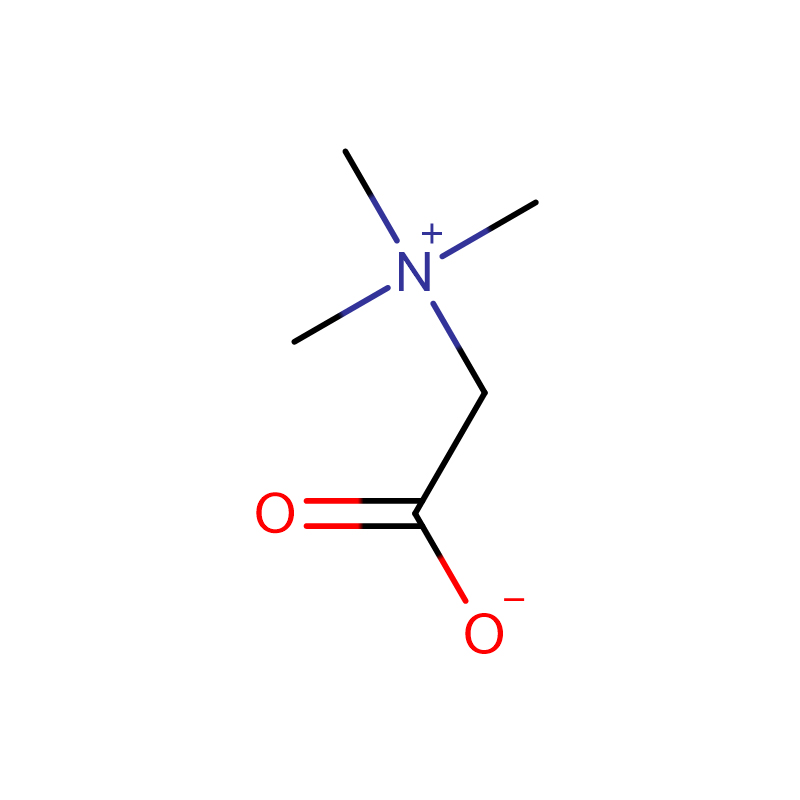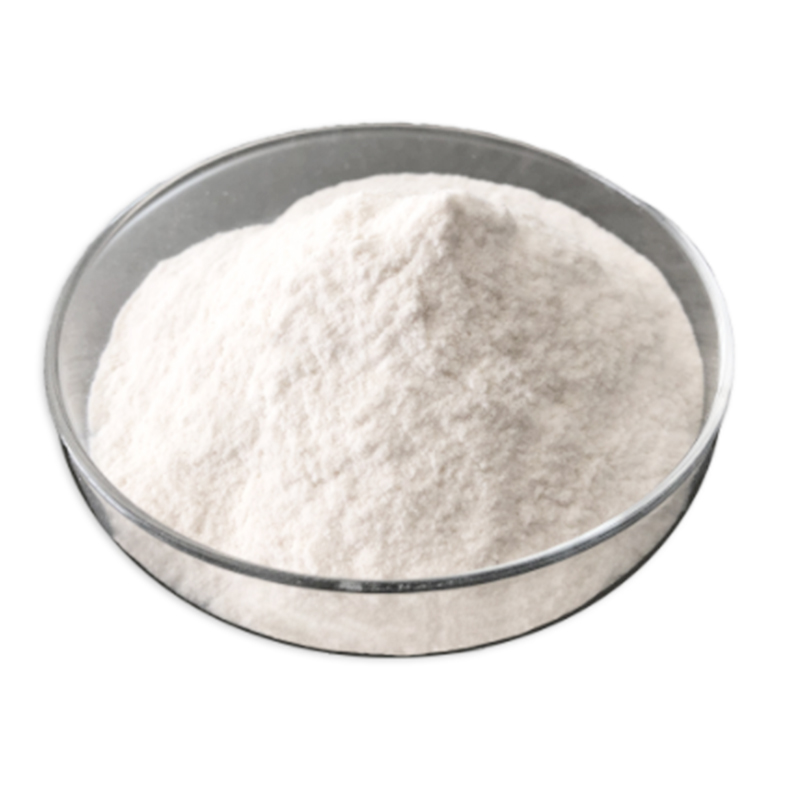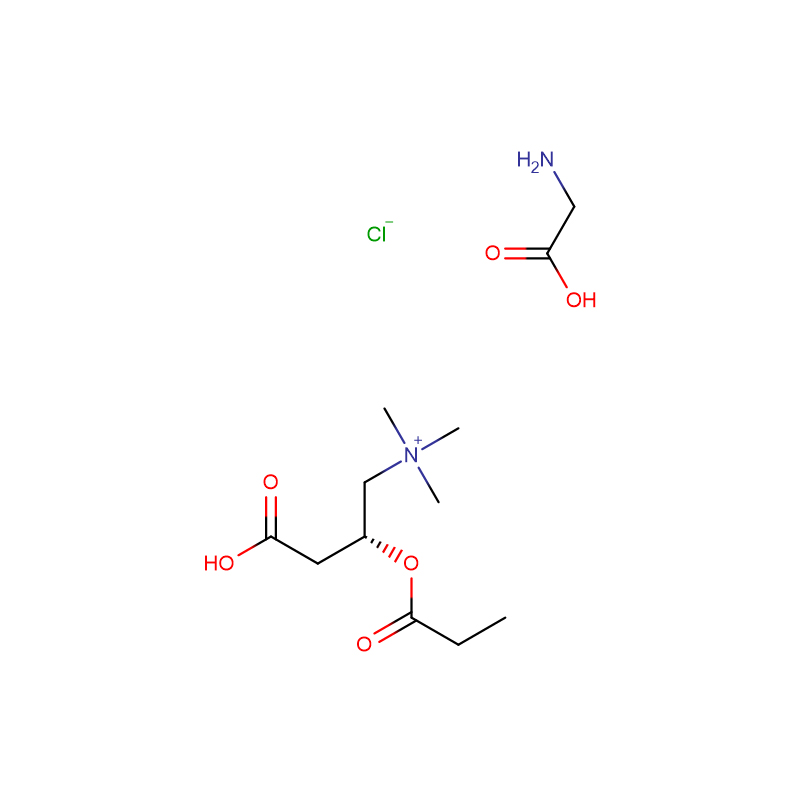Vitamin B3 (Nicotinic Acid/Niacin) Cas: 59-67-6
| Catalog Number | XD91864 |
| Product Name | Vitamin B3 (Nicotinic Acid/Niacin) |
| CAS | 59-67-6 |
| Molecular Formula | C6H5NO2 |
| Molecular Weight | 123.11 |
| Storage Details | 2-8°C |
| Harmonized Tariff Code | 29362990 |
Product Specification
| Appearance | White to off-white powder |
| Assay | 99% min |
| Melting point | 236-239 °C(lit.) |
| Boiling point | 260C |
| density | 1.473 |
| refractive index | 1.5423 (estimate) |
| Fp | 193°C |
| solubility | 18g/l |
| pka | 4.85(at 25℃) |
| PH | 2.7 (18g/l, H2O, 20℃) |
| Water Solubility | 1-5 g/100 mL at 17 ºC |
| Stability | Stable. Incompatible with strong oxidizing agents. May be light sensitive. |
Nicotinic acid is an important factor in delivering hydrogen and fighting pellagra in organisms; it helps maintain skin and nerve health and stimulate digestion.
Nicotinic acid or niacinamide are used to treat and prevent pellagra. This is a disease caused by niacin deficiency. Niacin is also used to treat high cholesterol. In some cases, niacin taken with colestipol can work as well as colestipol and a statin medicine.
Niacin USP granular is used for food fortification, as dietary supplement and as an intermediate of pharmaceuticals.
Niacin feed grade is used as vitamin for poultry, swines, ruminants, fish, dogs and cats, etc. It is also used as intermediate for nicotinic acid derivatives and technical applications.
Niacin is also known as vitamin B3. It is a water-soluble conditioning agent that improves rough, dry, or flaky skin, helping smooth the skin and improve its suppleness. niacin enhances the appearance and feel of hair, by increasing body, suppleness, or sheen, or by improving the texture of hair that has been damaged physically or by chemical treatment. When used in the formulation of skin care products, niacinamide and niacin enhance the appearance of dry or damaged skin by reducing flaking and restoring suppleness.
Nicotinic acid. It is a precursor of the coenzymes NAD and NADP. Widely distributed in nature; appreciable amounts are found in liver , fish, yeast and cereal grains. Dietary deficiency is associated with pellagra. The term "niacin" has also been applied.
Niacin is a water-soluble b-complex vitamin that is necessary for the growth and health of tissues. It prevents pellagra. It has a solubility of 1 g in 60 ml of water and is readily soluble in boiling water. It is relatively stable in storage and no loss occurs in ordinary cooking. Sources include liver, peas, and fish. It was originally termed nicotinic acid and also functions as a nutrient and dietary supplement.
Nicotinic acid. It is a precursor of the coenzymes NAD and NADP. Widely distributed in nature; appreciable amounts are found in liver , fish, yeast and cereal grains. Dietary deficiency is associated with pellagra. The term “niacin” has also been applied to nicotinamide or to other derivatives exhibiting the biological activity of nicotinic acid. Vitamin (enzyme cofactor).
Nicotinic acid has been esterified to prolong itshypolipidemic effect. Pentaerythritol tetranicotinate hasbeen more effective experimentally than niacin in reducingcholesterol levels in rabbits. Sorbitol and myo-inositolhexanicotinate polyesters have been used in the treatment ofpatients with atherosclerosis obliterans.The usual maintenance dose of niacin is 3 to 6 g/daygiven in three divided doses. The drug is usually given atmealtimes to reduce the gastric irritation that often accompanieslarge doses.




